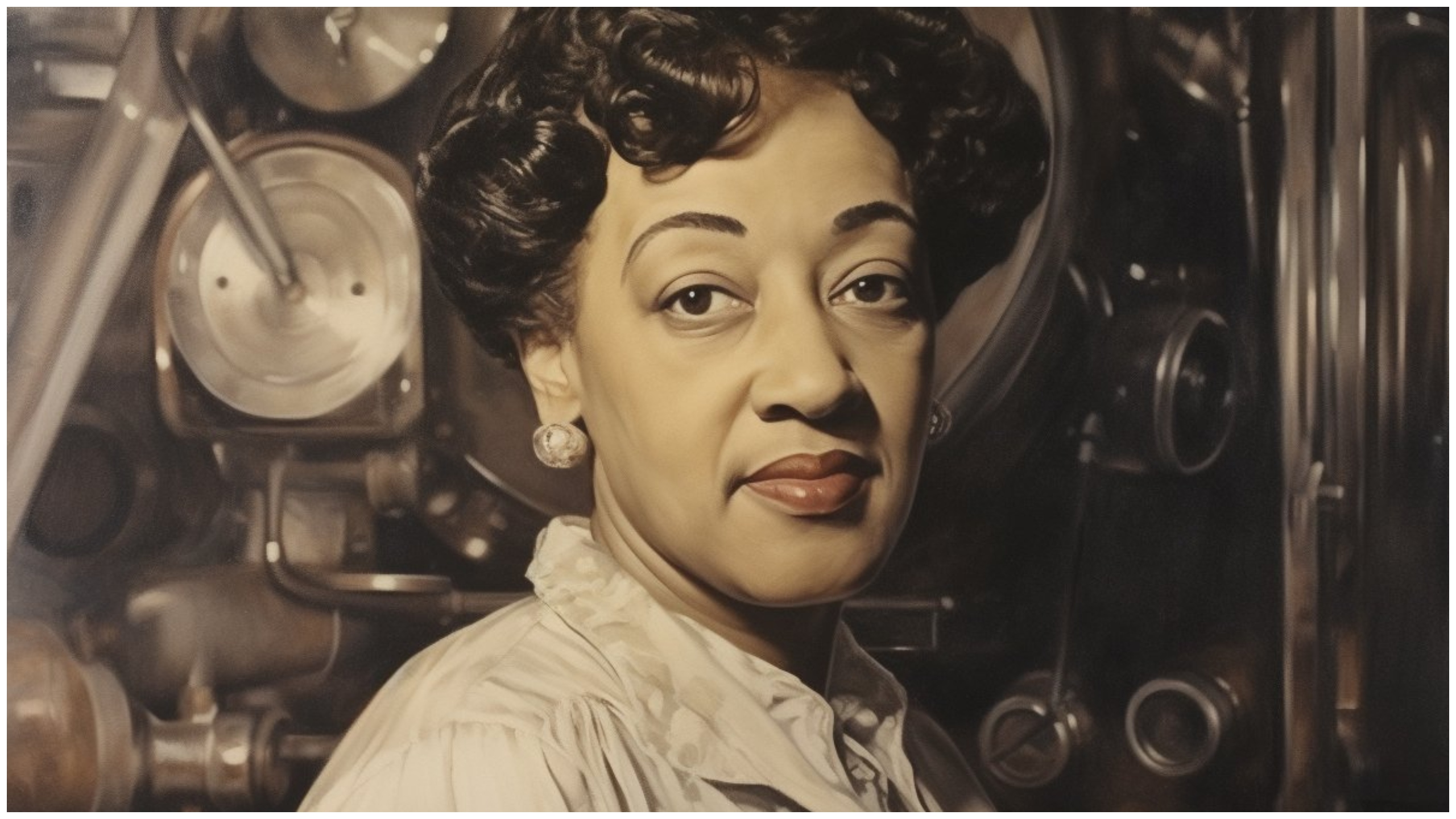Mary Kenner’s Pioneering Invention Paved the Way for Modern Sanitary Pads
In the 1950s, at a time when menstrual health was still shrouded in taboo, African American inventor Mary Beatrice Davidson Kenner solved a problem faced by billions of women globally each month.
Her patented “sanitary belt” design became the precursor to modern adhesive sanitary pads, revolutionizing period protection.
A Life-Changing Yet Unsung Invention
Kenner’s adjustable belt held pads securely in place, a major improvement over the “sanitary napkins” of the era that routinely slipped or failed. Yet the racial discrimination of the time prevented her from reaping the rewards her brilliant idea deserved.
“In 1956, determined to improve menstruation products for herself and womankind, Kenner invented the adjustable sanitary belt. Her intention was to keep the notoriously slippery ‘sanitary pad’ in place,” said Dr. Amanda Hill, historian of women’s health.
Racism Blocks the Path to Success
Kenner filed a patent for her groundbreaking design in 1956. A company expressed interest, but backed out after learning Kenner was African American.
“One day I was contacted by a company that expressed an interest in marketing my idea. I was so jubilant…Sorry to say, when they found out I was black, their interest dropped,” Kenner recalled.
Companies eagerly waited for her patent to expire so they could produce the sanitary belts without paying royalties to the Black inventor.
A Legacy of Ingenuity
Despite facing blatant discrimination, Kenner was a trailblazer. She came from a family of inventors and filed five patents over her lifetime, more than any other African American woman in history.
“She singlehandedly solved a problem that billions of women globally experienced every month,” said Dr. Sharon Ramone of the Black Inventors Hall of Fame.
Honoring Unsung Inventors
Though she never profited from her sanitary belt, Kenner’s design made a significant positive impact on women’s health and paved the way for modern adhesive pads.
“It is a disgrace that Kenner never received any money or credit for her invention,” said author Zing Tsjeng, who featured Kenner in her Forgotten Women book series.
Organizations like The Black Curriculum are working to honor trailblazers like Kenner, ensuring the pioneering contributions of Black scientists, inventors and women receive the credit and recognition they deserve.





